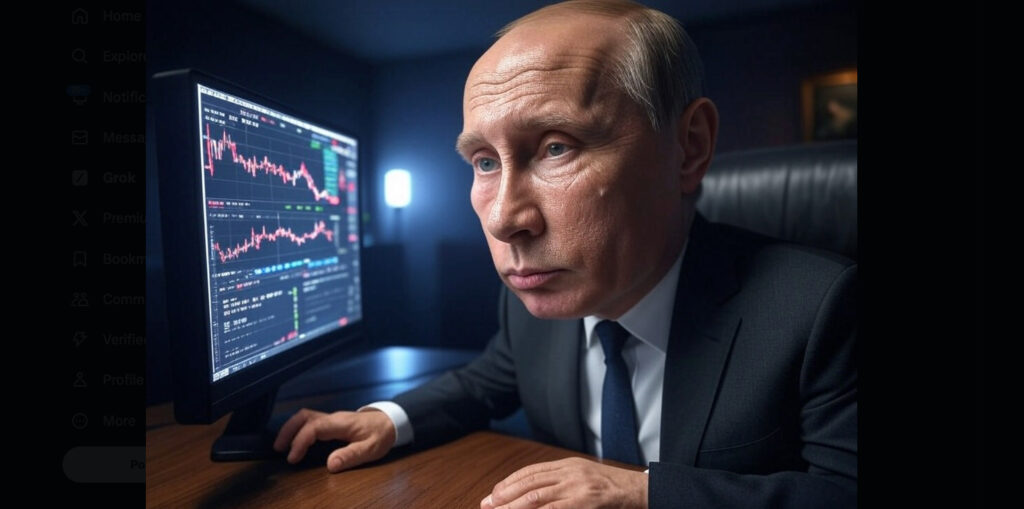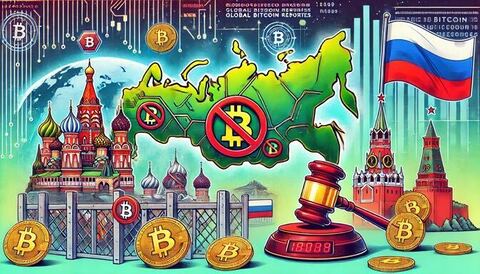Russia has taken a significant step by banning cryptocurrency mining in 10 regions, citing energy concerns and disparities in electricity pricing. The decision comes as global debates around Bitcoin reserves gain momentum, with countries like the U.S. and China considering their strategies for digital assets.
Russia Mining Ban Targets Energy and Pricing Issues
The ban, set to take effect on January 1, 2025, will last until March 15, 2031. Regions affected include Dagestan, Chechnya, North Ossetia, and the Donetsk and Lugansk People’s Republics. Temporary restrictions during peak energy demand will also apply in areas like Irkutsk and Buryatia.
Officials justify the move as a way to address energy shortages and create balanced electricity pricing. Sergey Kolobanov of the Center for Economics of Fuel and Energy Complex highlighted that maintaining low prices in some areas often burdens other consumers. Regional expert Vladimir Klimanov emphasized the need for fair and stable electricity costs nationwide.
According to Sergey Kolobanov—deputy director of the Center for the Economy of Fuel and Energy Sectors at the Center for Strategic Research—the ban is not only associated with the local electricity shortage, but also with the benefits for paying for electricity in some regions.
“The so-called interregional cross-subsidization, when the low cost of electricity in the regions of regulated contracts is de facto compensated by producers and consumers in other regions,” he said.
Sergey Kolobanov further explained that the terms of restrictions on cryptocurrency mining are synchronized with the end of the transition period for the elimination of this benefit.
Putin Acknowledges Bitcoin’s Role in Global Finance
While the mining ban signals a cautious approach, Russian President Vladimir Putin has shown a shift in his stance on cryptocurrencies. Speaking at the Moscow Investment Forum on December 4, Putin acknowledged Bitcoin’s transformative potential in global financial systems.

Image by Grok 2
This evolving perspective aligns with global trends, where nations explore the integration of digital assets into their economies. Despite the ban, Putin’s remarks suggest that Russia may remain open to the broader adoption of cryptocurrencies in the future.






